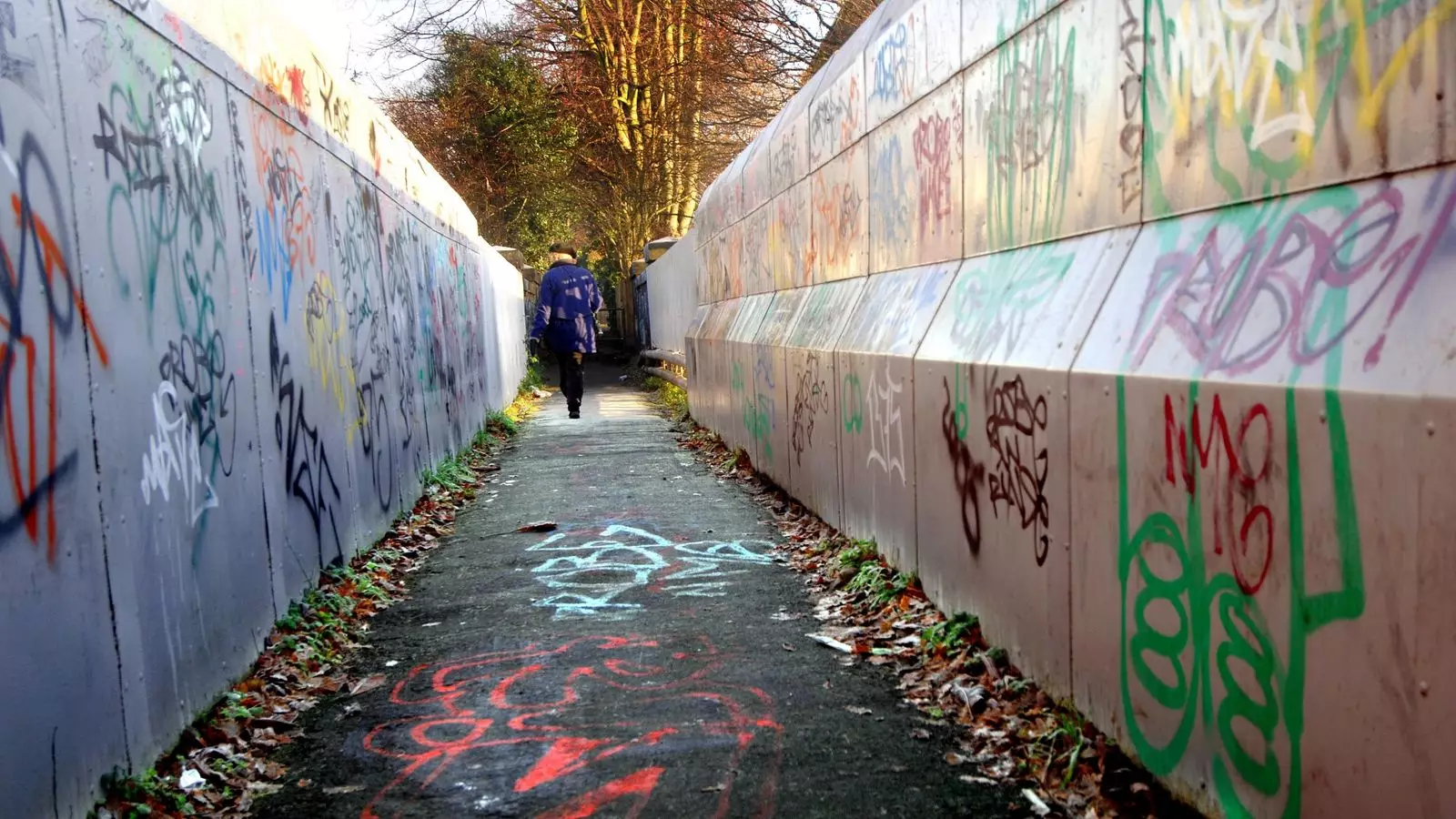Amid increasing concerns over persistent anti-social behaviour (ASB) in communities, the UK government is introducing stringent measures known as “respect orders.” These orders aim to target hooligans and repeat offenders, imposing potential two-year jail terms along with unlimited fines for those who breach them. As outlined in Labour’s recent election manifesto, these initiatives strive to restore a sense of safety and order in the streets that many citizens feel has been eroded. Following the acute rise in reported ASB incidents—over a million in a year—there’s a growing urgency for solutions that can tangibly improve community safety.
Home Secretary Yvette Cooper has been vocal about the visible degradation of neighbourhoods plagued by ASB and its damning effects on victims. She insists that immediate action is necessary to halt the gradual normalization of such behaviour. This sentiment reflects a broader societal need to reclaim public spaces and instill respect among citizens. However, while the intentions behind the respect orders appear noble—addressing the roots of anti-social behaviour through measures like anger management classes and addiction treatment—the effectiveness of these measures remains a topic of debate.
The implementation of respect orders empowers local councils and police forces to take a firmer stance against offenders by prohibiting them from entering town centres or engaging in specified activities. Such authority means that law enforcement could arrest offenders on the spot, without prior warnings, particularly in situations involving off-road bikes and e-scooters—issues that consistently frustrate the public. The question is whether these powers will translate into a tangible decrease in anti-social incidents, or if they could lead to an era marked by over-policing and civil rights concerns.
The proposed measures hinge not only on punitive actions but also on rehabilitation. Initiatives aimed at treating underlying issues such as anger management and substance abuse could benefit many potential offenders. Critics, however, point out that these rehabilitative efforts must be well-structured and adequately funded; otherwise, they risk becoming mere formalities with little real impact. Effective intervention must go beyond surface-level solutions, providing sustainable support to those affected by the cycles of poverty and distress that often fuel anti-social behaviour.
Further complicating the picture is the government’s intention to trial these measures before they are enforced throughout England and Wales. This cautious approach raises questions about accountability and the potential for unintended consequences. A trial phase may provide valuable data, yet it also risks creating disparities in enforcement across regions. Inequality in implementation might lead to perceptions of injustice, deepening community divides rather than bridging them.
While the introduction of respect orders signals a decisive step towards combating anti-social behaviour, it brings with it a set of complexities that warrant careful consideration. The potential for improving life in troubled neighborhoods is significant, yet the success of these measures hinges on equitable implementation, robust support systems, and a genuine commitment to addressing the underlying issues that drive individuals to disrupt public harmony. Only time will tell if these drastic measures can truly foster respect and communal stability, or if they will further entrench problem behaviours and societal divides.

Leave a Reply